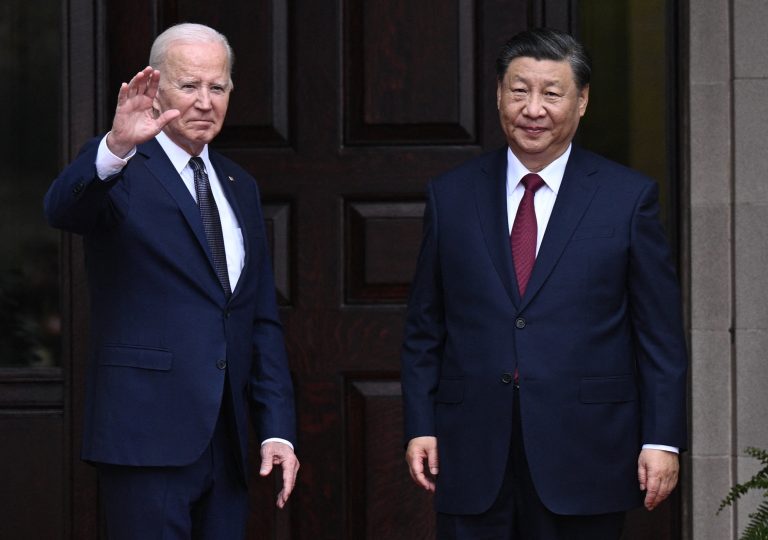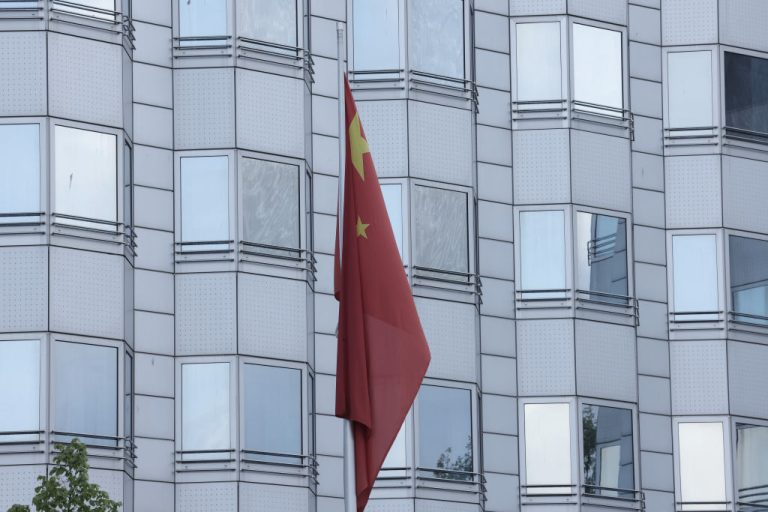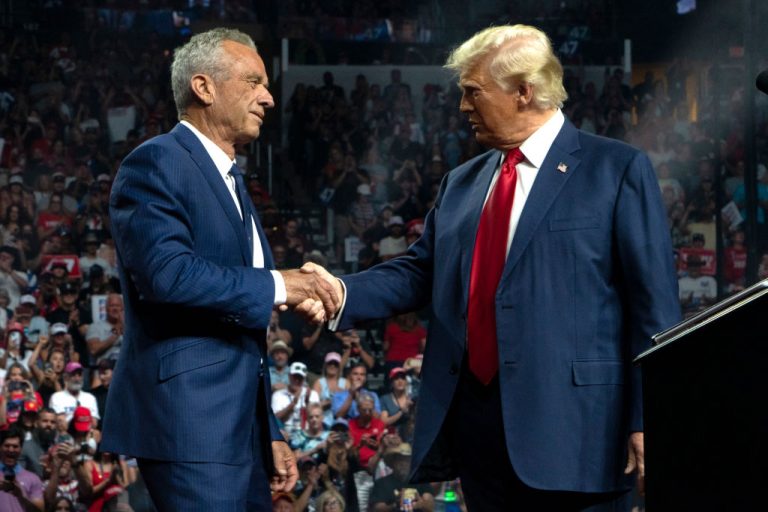On May 14, officials from the U.S. and China met in Geneva to initiate talks surrounding the regulation of artificial intelligence (AI), one of the few key issues both governments have agreed to work on.
According to the Associated Press (AP), officials from Washington expressed worries about its counterpart’s “misuse of AI,” earning them responses from China about the U.S. “restrictions and pressure” on the technology, both governments said separately on May 15 following the meeting.
Before the meeting, officials from both Washington and Beijing vowed to “exchange views on how the two governments understand and seek to address the risks of advanced AI systems,” a statement from the White House read.
In November last year, Joe Biden and Xi Jinping met in San Francisco to discuss the potential and risks of utilizing AI. It was one of three major agreements the two leaders decided to work on; the other two being a deal to restore “military-to-military communications,” and to end China’s exports of fentanyl precursors to the United States.
“The United States underscored the importance of ensuring AI systems are safe, secure and trustworthy in order to realize these benefits of AI — and of continuing to build global consensus on that basis,” Adrienne Watson, spokesperson for the National Security Council, said.
Success
You are now signed up for our newsletter
Success
Check your email to complete sign up
“The United States also raised concerns over the misuse of AI, including by the PRC,” she added, referring to the People’s Republic of China, though she did not specify what type of misuse she was referring to.
China is known to have developed “one of the world’s most intrusive digital surveillance systems” using AI components and cameras in streets to monitor citizens through mobile apps.
On the other hand, in a social media post by China’s Foreign Ministry’s Department of North American and Oceanian Affairs, Beijing argued against the United States’ “restrictions and pressure in the field of artificial intelligence.”
Such restrictions include the U.S. Commerce Department’s export controls that are restricting China’s access to advanced computer chips for AI usage. In August, an executive order by Biden himself cut off U.S. investments in China’s AI industry.
Watson assured that Washington wishes to maintain communication with China to ensure the regulation of AI “as an important part of responsibly managing competition.”
READ MORE:
- Biden Approves Hefty Tariff Hike on Chinese Imports, Sparking Economic Debate
- US Discusses China’s Repatriation of North Koreans, Expresses Concerns
- On National Fentanyl Awareness Day, DEA Head Highlights Role of Chinese Producers in Opioids Reaching America
A shaky cooperation
The Geneva meeting was considered a part of the “invest, align and compete” strategy, conceived to boost investment in national security and bring allies together to challenge China.
Despite the high tensions between the U.S. and China, both governments seem willing to cooperate on AI regulation, as both countries co-sponsored a United Nations (UN) resolution in March for “more responsible development of AI technologies.”
American officials have long claimed that the U.S. and China must cooperate towards their common goals. However, a senior White House official said that the meeting in Geneva was to establish efforts between the two, not to move forward with major deals.
“These talks are not going to be focused on any particular deliverables, but rather an exchange of views on the technical risks of AI, and an opportunity to directly communicate respective areas of concern.”
Though the official declined to comment on the possibility that both governments would choose to use AI to decide on deploying nuclear weapons, he did say that the American delegation would share their concerns about China’s own focus on AI for military usage.
China has warned since 2018 that AI needs to be regulated, but has continued to invest in expanding the technology to stand out in technological developments. U.S. lawmakers have also stressed that China could spearhead the usage of AI-generated deepfakes to “spread political disinformation,” even if China had supposedly banned “manipulative AI fakery.”







